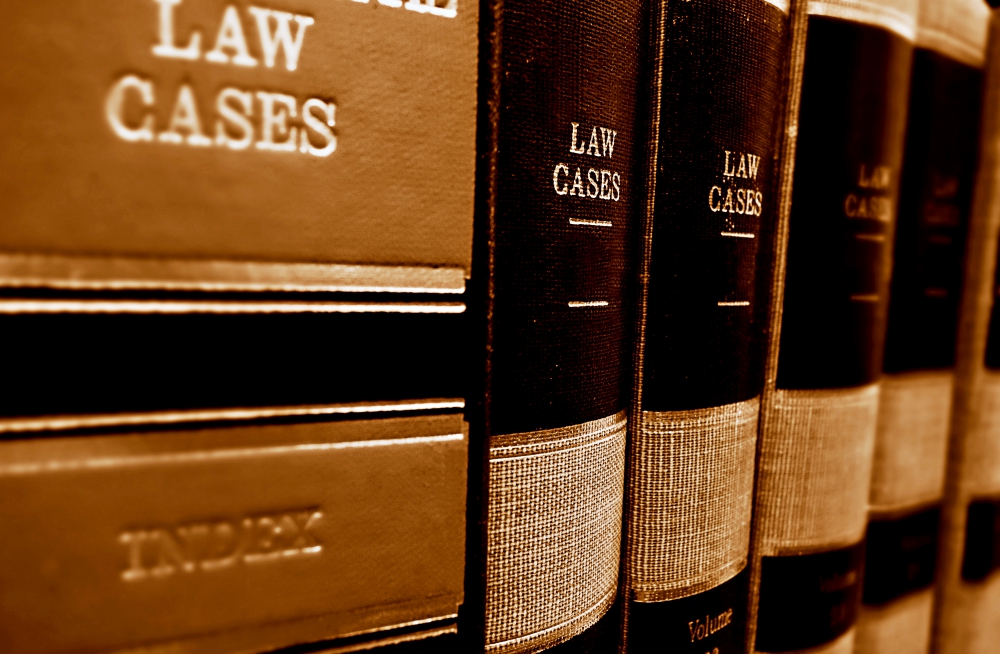
Case Brief
Mokua Manyara
Facts
This was an Appeal to the Supreme Court from the ruling of the Court of Appeal rendered under the provisions of Rule 5 (2) (b) of Court of Appeal Rules.
Four (4) advocates, Deynes Muriithi, Alexander Muchemi, Mwalimu Anna Konuche, and Paul Kibiku on behalf of 1047 other petitioners moved to the High Court to challenge the decision of the LSK to, inter alia, include the charges of the International Arbitration Centre in the payment of the practicing certificates and the conservatory order restraining the LSK from seeking financial loans pursuant to LSK AGM resolution.
The learned Judge of the High Court, Mumbi J granted the said conservatory orders, which orders were appealed to the Court of Appeal. On Appeal, the CoA exercised its discretion under Rules 5 (2) (b) of its rules to stay the said conservatory orders.
Aggrieved by the said orders of the Court of Appeal staying the Conservatory Orders at the High Court, the Appellants moved to the Supreme Court seeking, inter alia, a stay of the Court of Appeal orders and preserving the status quo; the high court conservatory orders to remain in force.
Issues for determination
At the Supreme Court, the court dealt with two main issues:
Whether the court had jurisdiction to entertain the dispute; and
Whether the Appellate Court’s Order was in violation of the Constitutional rights of the applicants.
Analysis and Holding
The Supreme Court noted that while it did not generally have jurisdiction to entertain matters arising from exercise of discretion under rule 5 (2) (b) of the Court of Appeal rules, some exceptions could apply.
In heralding its holding, the Apex Court noted that the import of Rule 5 (2) (b) is to preserve the substratum of an Appeal or an intended appeal.
The Supreme Court further found that in dealing with Rule (5) (2) (b), the Court exercises original and discretionary jurisdiction and that exercise does not constitute an appeal from the Judge’s discretion to the Apex Court.
However, the Supreme Court held that it may interfere with the exercise of jurisdiction of the Court of Appeal under rule 5 (2) (b) under any of the following four main grounds:
If it is convinced that fundamental freedoms, as beckoned in Article 20(3)(a) and (b) of the Constitution, are compromised by the exercise of the discretion aforesaid; or
Or it is convinced that values of the Constitution including human rights, equity, equality and integrity are departed from; or
that grave injustice is occasioned by the decision in question; or
that the decision in question is inconsistent with the same Court’s earlier decisions.
The Supreme Court asserted that, as an apex court and if it is satisfied that any of the above ingredients are satisfied, it must take into account an objective criterion based on comparative jurisprudential perspectives to avert any grave injustice.
In the instant case, the Apex noted the issues that were before the High Court and to preserve the substratum of the said issues, the Orders as issued by the Court of Appeal, did not achieve the objective of preserving the subject matter.
The Supreme Court noted that every person had a right to fair hearing under article 50 (1) of the Constitution and any orders that compromised, summarily, the petition in the High Court would violate such rights.
In allowing the Appeal, the Supreme Court cautioned that in exercising its discretion under rule 5 (2) (b) of its rules and article 164 (3), the Court of Appeal must exercise restraint not to predetermine matters before it or before the High Court.
Conclusion
The Apex Court noted that the Orders of the Court of Appeal had the effect of disposing off the substratum of the petition at the High Court, which violated the object of Rule 5 (2) (b) and Article 164 (3) of the Constitution.
In that case, the Court of Appeal had overstepped on its mandate and encroached into the realm of the High Court; the Supreme Court was constrained to intervene and set aside the Ruling and Orders of the Court of Appeal staying the conservatory orders of the High Court.
This decision set out the exceptions to the rules barring assumption of jurisdiction of the Supreme Court in interlocutory appeals where there is likely to be grave injustice occasioned on any one party.
